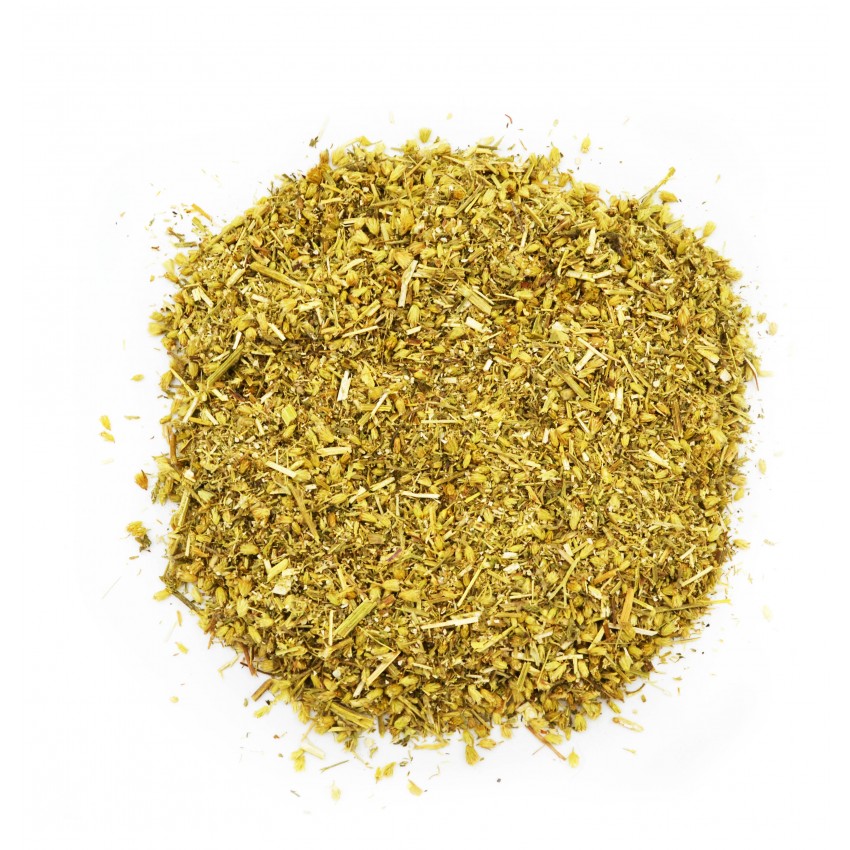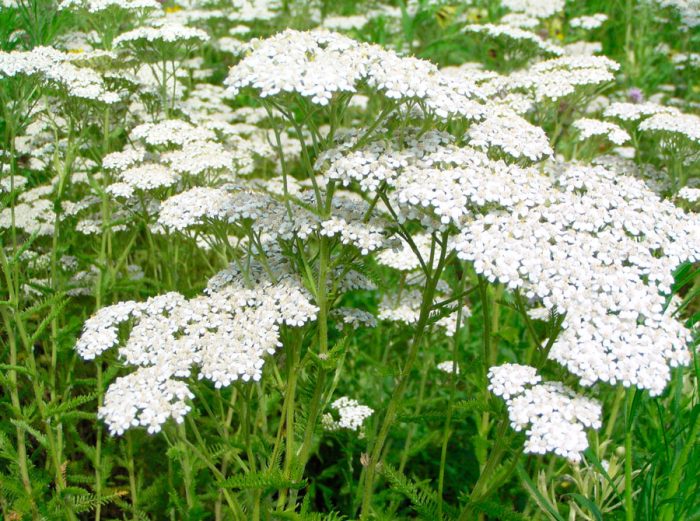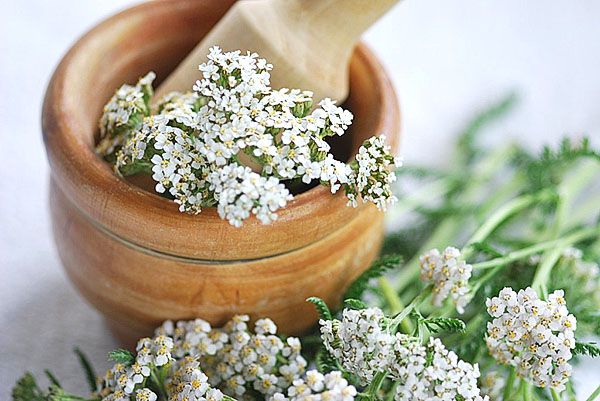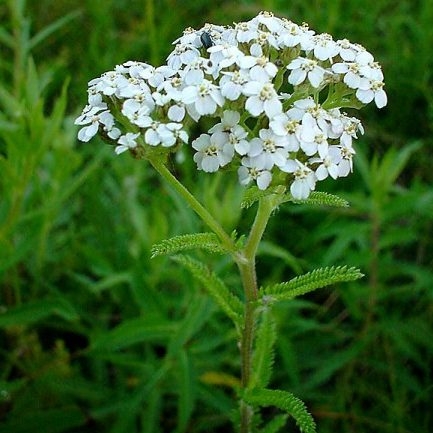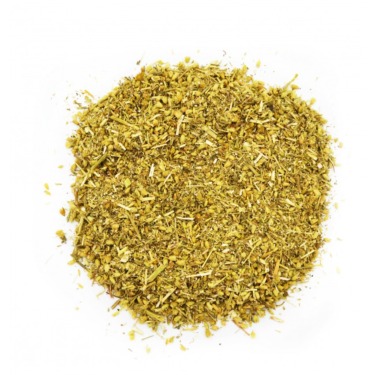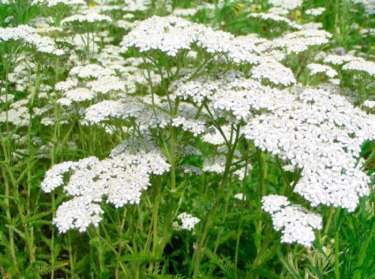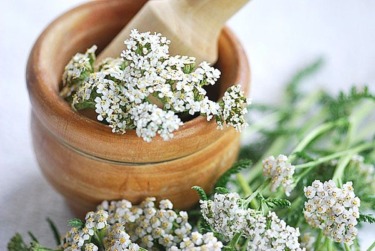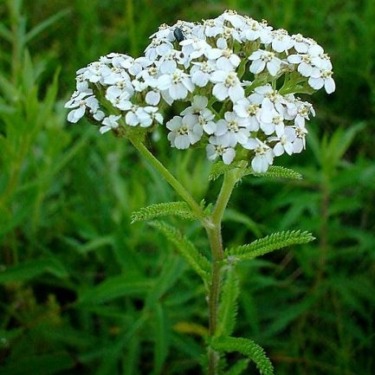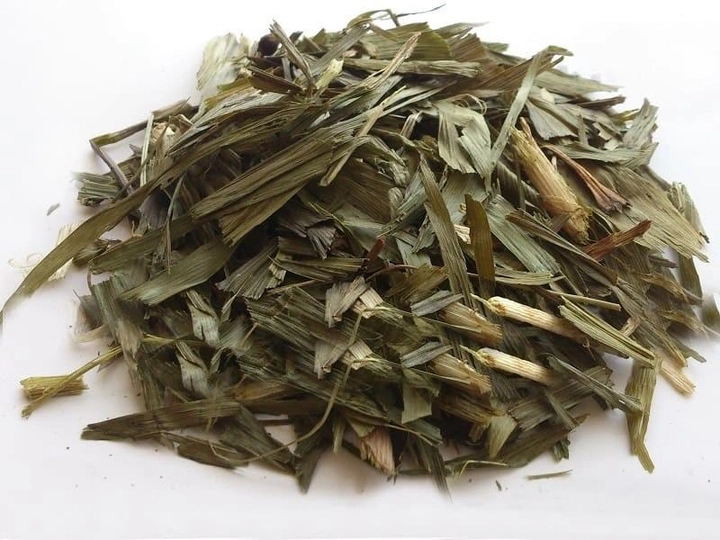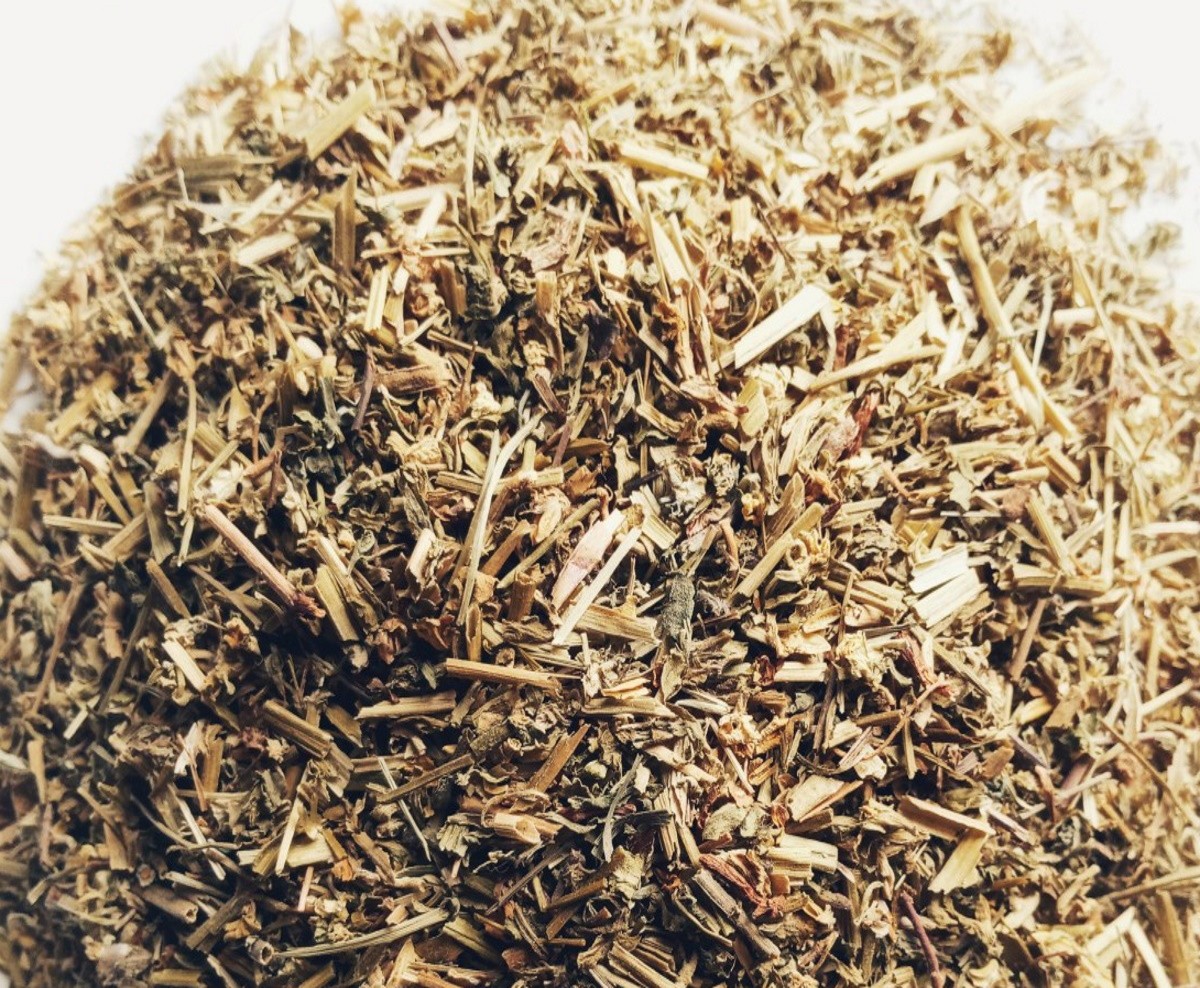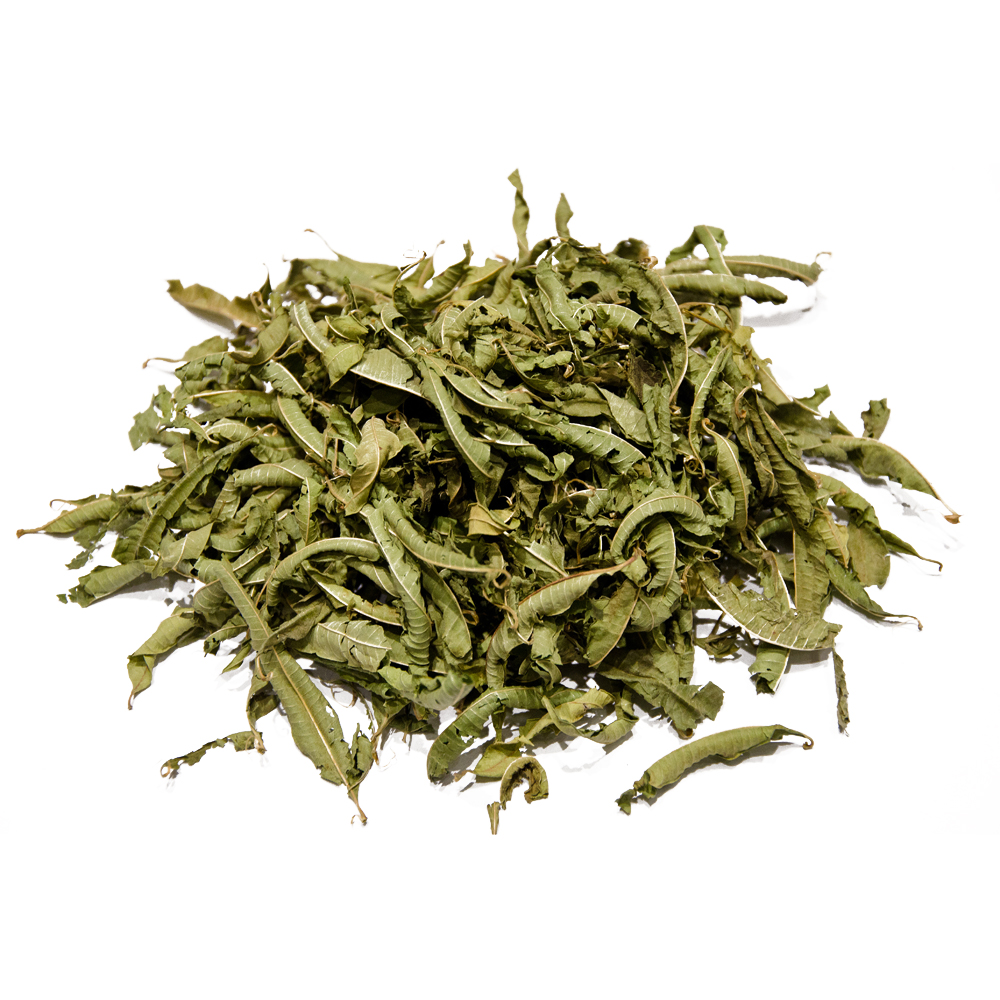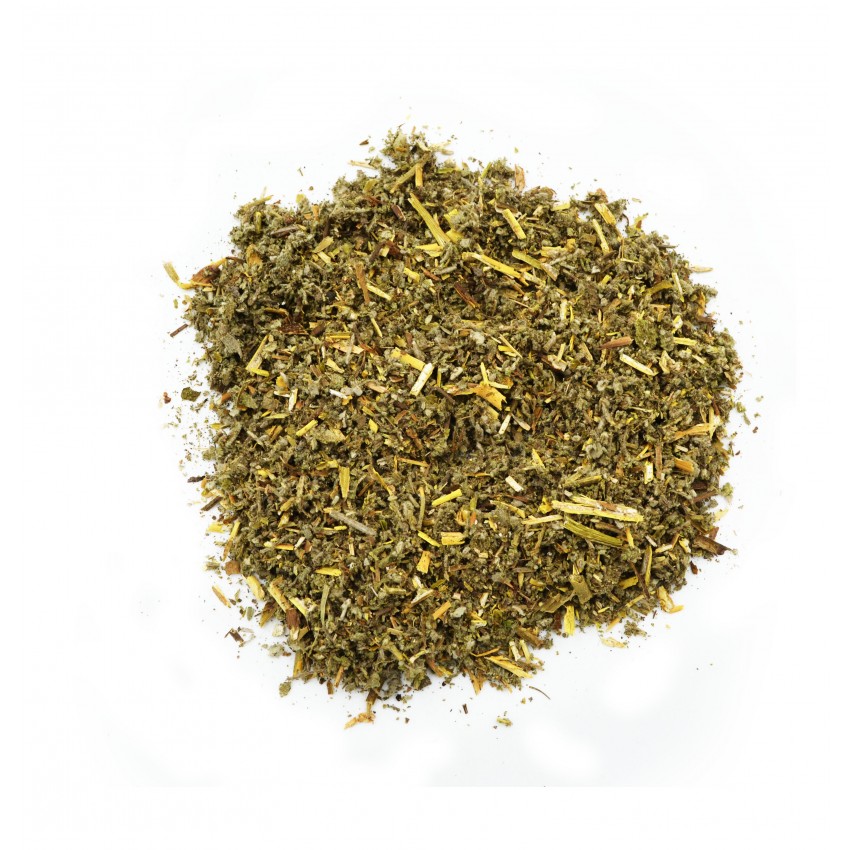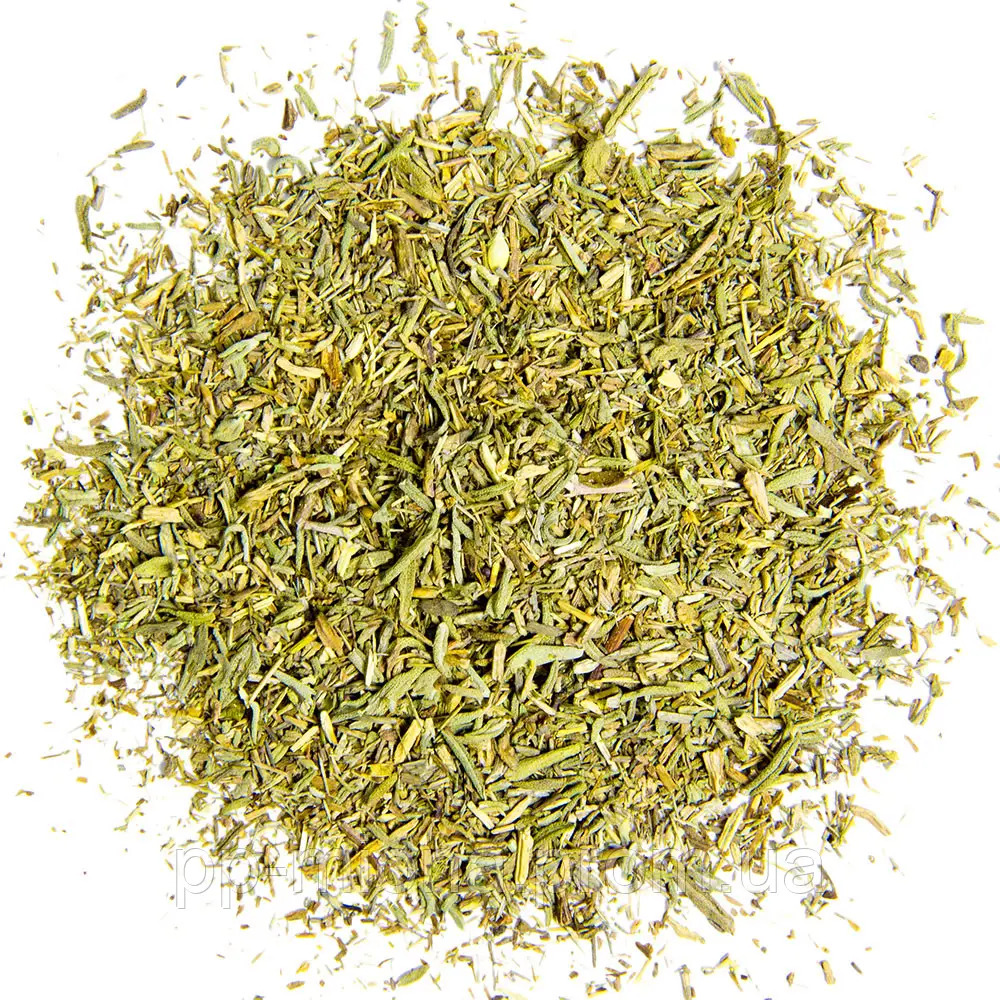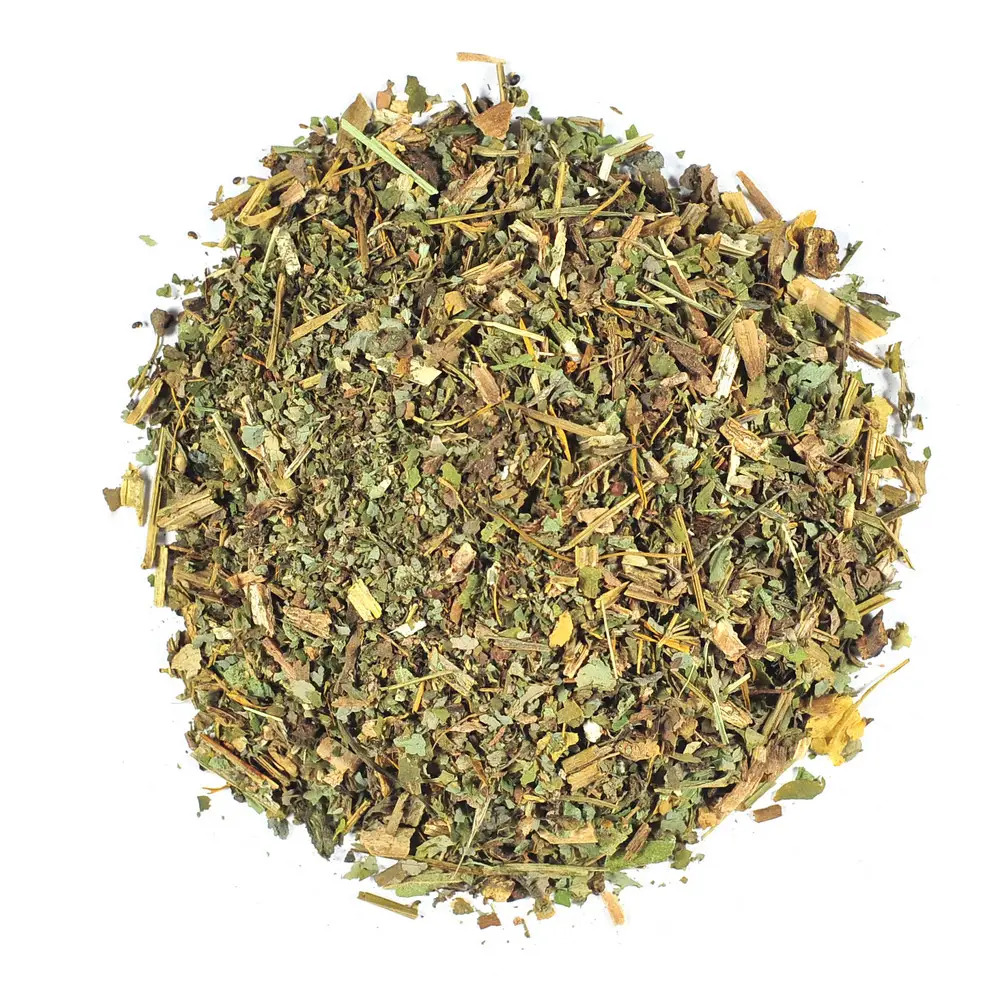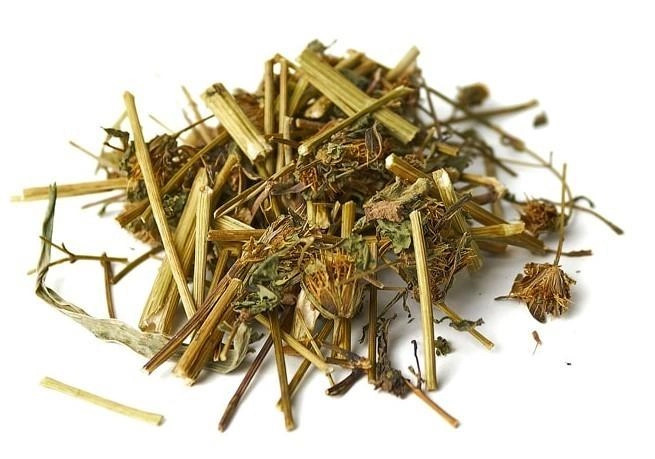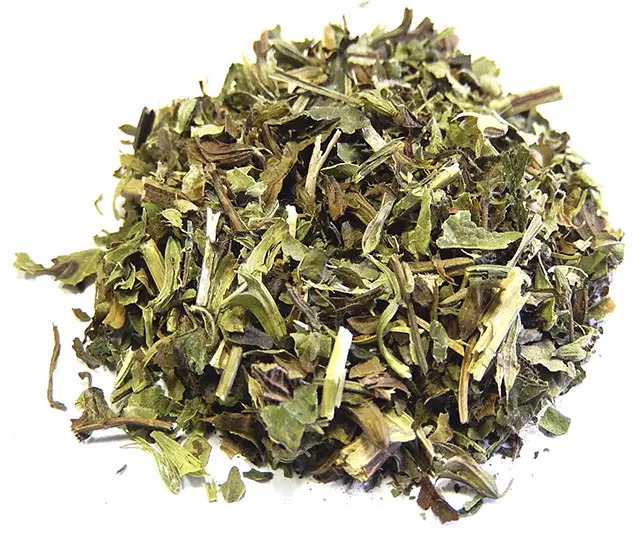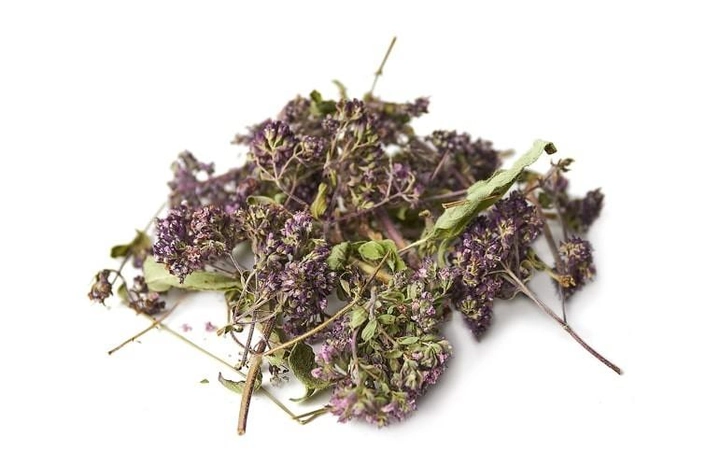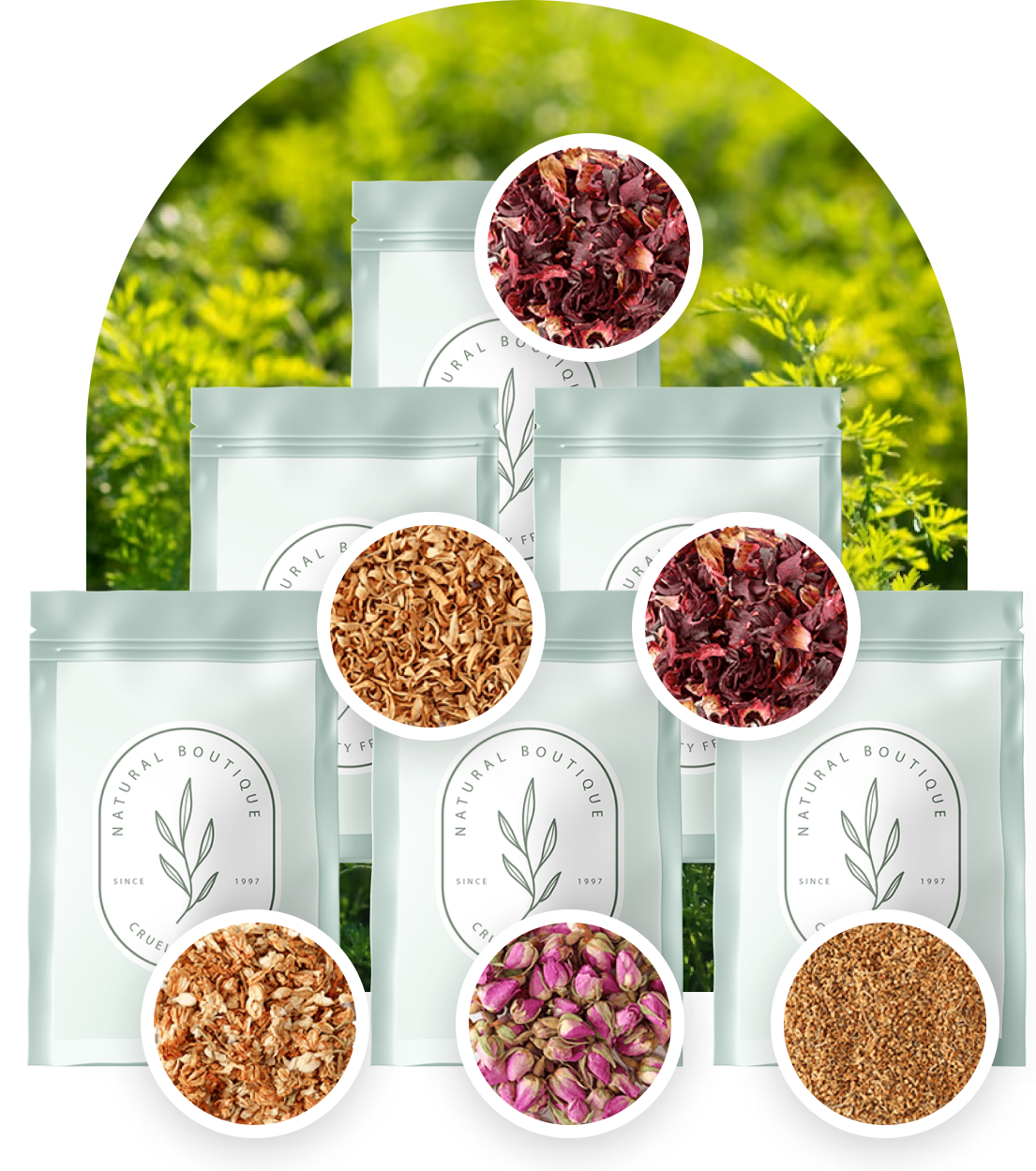The yarrow herb has long been used in medicine, it is used as a spice and decorative plant. Common in Eurasia, North America, Australia, and New Zealand. Grows mostly in mixed forests, meadows and roadsides.
The yarrow herb is characterized by bactericidal, anti-inflammatory, soothing and astringent effects. It tones well and relieves irritation, so it has a positive effect on skin with acne, greasy shine and enlarged pores. The use of decoctions gets rid of dandruff and stimulates hair growth, making it stronger and more beautiful. Vitamin K, which is contained in the plant, increases the strength of capillaries, helps stop bleeding and hemorrhages, heal ulcers and wounds. Carotene, which is part of yarrow grass, eliminates brittle nails and hair, dryness, peeling and keratinization of the skin, prevents the appearance of wrinkles and acne.
The yarrow herb has a viscous effect for bleeding from the nose or gums, it is used to treat wounds and small wounds, because it has a mild and long-lasting effect.
The yarrow herb is used as a bitter-spicy raw material in the form of seasoning for dishes. In this way, yarrow strengthens bile secretion, stimulates liver function and appetite, improves digestion and accelerates the absorption of substances. It is used as a hemostatic agent for diarrhea, dysentery, varicose veins, hemorrhoids, and as an anti-inflammatory agent for gastritis and enteritis. As a diaphoretic, yarrow preparations are used for fever and colds. Yarrow grass is also used for insomnia and helminths.
